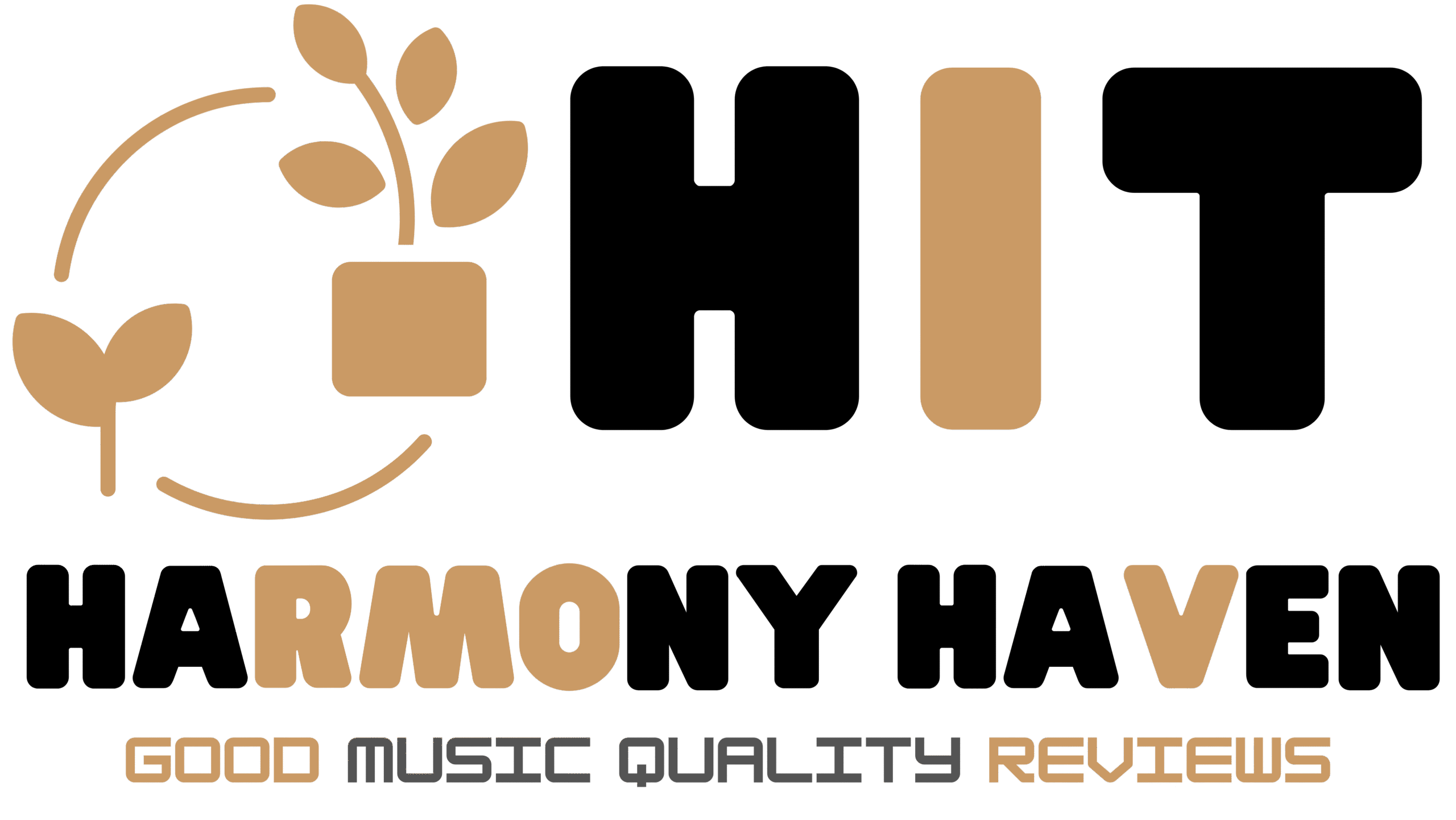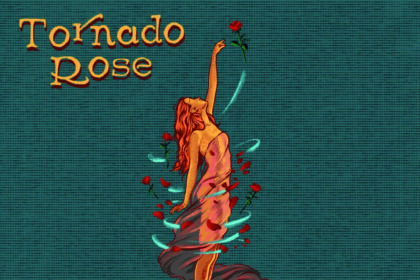Monte Cristo’s latest single, “Culture of Ghosts,” is a visceral statement wrapped in distortion and emotional unrest. As one of the standout tracks from his album From the Lowest Valley to the Highest Mountain, it arrives with the precision of a sledgehammer—both musically and thematically. Blending the raw aggression of metalcore with the melodic sensibilities of hard rock, the song captures the uneasy pulse of modern disconnection. Monte Cristo holds nothing back, channeling a generation’s quiet frustration into something cathartic and explosive. “Culture of Ghosts” confronts, demands attention, and leaves a ringing echo in the listener’s chest long after the final note fades.
At its core, the song wrestles with the decay of human connection in the digital age. Monte Cristo takes a hard look at how technology has made it easier than ever to vanish—to “ghost” others without consequence. His lyrics feel like a lament for authenticity, a cry against the casual cruelty of silence that’s come to define much of our modern interaction. There’s an honesty in his writing that cuts through the noise, especially when he spits lines that sound less like poetry and more like confession. You can almost hear the exhaustion in his voice when he roars about being left behind by a culture that promises connection but breeds isolation. It’s a mirror held up to a society that’s quietly losing touch with its humanity.
Musically, “Culture of Ghosts” is a masterclass in controlled chaos. The opening riff tears through the speakers like a siren, setting the stage for a relentless rhythm section that drives the track forward with feral intensity. Monte Cristo uses contrasting vocal styles to devastating effect—harsh screams slice through the mix before giving way to melodic refrains that hover between anger and vulnerability. The guitars are layered with precision, alternating between grinding breakdowns and shimmering, echo-drenched leads that hint at something almost spiritual beneath the rage. This balance of brutality and beauty is what makes the track so magnetic. It’s about the emotional tension between wanting to connect and needing to protect yourself from disappointment.
The production, too, deserves attention. Each instrument feels purposefully placed, the mix wide enough to let the music breathe without losing its edge. There’s a cinematic quality to the soundscape, especially during the bridge, where the tempo dips and the vocals take on a haunting clarity. Monte Cristo lets the song expand here, giving the listener a brief reprieve before plunging back into the storm. It’s in moments like these that you can sense his evolution as an artist. He’s not just writing heavy music for the sake of it, but sculpting experiences, building sonic architecture that reflects the emotional architecture of modern life—fragmented, layered, and often at war with itself.

“Culture of Ghosts” stands out not only as Monte Cristo’s most popular song but as a defining moment in his career. It’s the kind of track that bridges the gap between raw emotion and technical skill, between introspection and catharsis. In a genre often defined by volume, he manages to find volume in vulnerability. The song feels like a scream and a sermon—a furious meditation on how easily we let go of each other and how much that loss costs us. With this release, Monte Cristo doesn’t just deliver another hard-hitting anthem; he captures the spirit of an era that’s haunted by its own indifference. “Culture of Ghosts” is a wake-up call.
For more information, follow Monte Cristo:
SPOTIFY







